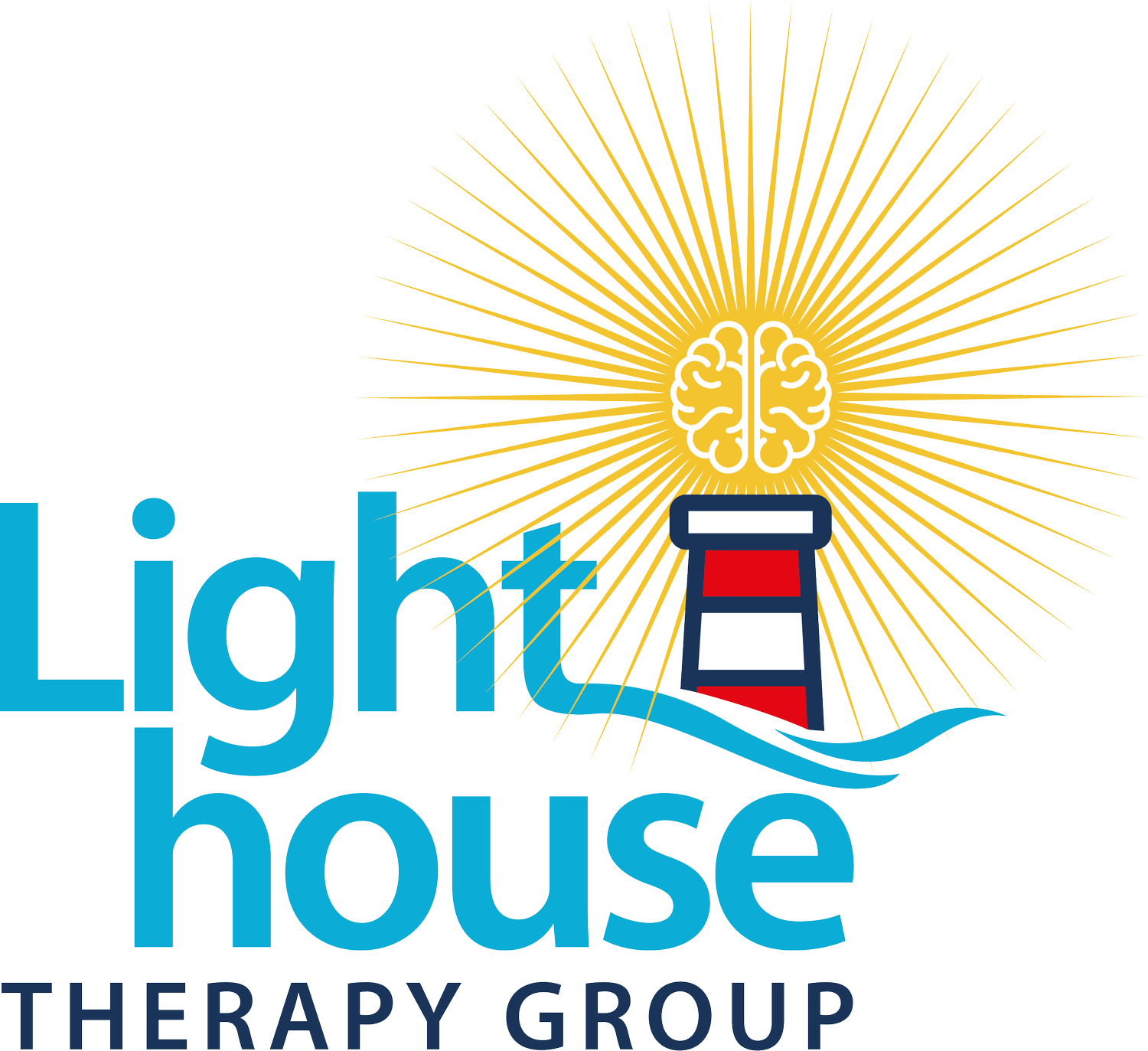“Who looks outside, dreams; who looks inside, awakes.”
— Carl Gustav Jung
WHAT IS COUNSELLING
Counselling is a form of therapy that involves a confidential and collaborative relationship between a trained professional and an individual seeking support. It provides a safe space for individuals to explore their thoughts, emotions, and experiences, and work towards personal growth and well-being. The aim of counselling is to help individuals gain insight, develop coping strategies, and make positive changes in their lives.
All of our counsellors integrative counsellors which is to say that they see each person as an individual and therefore don’t believe that one single therapy fits all. For this reason they draw upon a large selection of models and therapies to create a bespoke service for each and every individual.
Types of counselling
COunselling and therapy comes in many different forms and below are just some of the ways in which we deliver our counselling sessions:
Individual Counselling
Couples Counselling
Group Therapy
Walk & Talk Therapy
Support Groups
Benefits of Counselling
Increased Self-Awareness: Through the process of counselling, individuals gain a deeper understanding of themselves, their thoughts, emotions, and behaviors. This self-awareness can lead to personal growth and the ability to make positive changes.
Improved Coping Skills: Counselling equips individuals with effective coping strategies to manage stress, anxiety, depression, or other emotional challenges. These skills can help individuals navigate difficult situations and improve their overall well-being.
Enhanced Communication: Counselling can improve communication skills, allowing individuals to express their needs, assert boundaries, and build healthier relationships. Effective communication can lead to more fulfilling personal and professional interactions.
Problem Solving: Counselling provides a supportive space to explore and address specific issues or challenges. With the guidance of a therapist, individuals can develop problem-solving techniques and strategies to overcome obstacles and achieve their goals.
Reduced Symptoms: Counselling has been shown to alleviate symptoms of various mental health conditions, such as depression, anxiety, and trauma. It can provide individuals with tools and techniques to manage and reduce these symptoms.
Increased Self-Esteem: Engaging in counselling can boost self-esteem and self-confidence. It helps individuals develop a positive self-image and a greater sense of self-worth.
Personal Empowerment: Counselling encourages individuals to take an active role in their own well-being and personal development. It empowers them to make positive changes, set realistic goals, and work towards a more fulfilling life.
Healthy Coping Mechanisms: Counselling assists individuals in identifying unhealthy coping mechanisms, such as substance abuse or self-harm, and provides healthier alternatives to manage stress, emotions, and difficult situations.
Supportive Relationship: The therapeutic relationship formed in counselling provides individuals with a trusted and supportive connection. This relationship can be instrumental in fostering personal growth, healing, and resilience.
It is important to note that the benefits of counselling may vary for each individual, and the effectiveness of therapy can be influenced by various factors, including the readiness and commitment of the person seeking counselling, the compatibility with the therapist, and the specific approach or techniques used in therapy.


